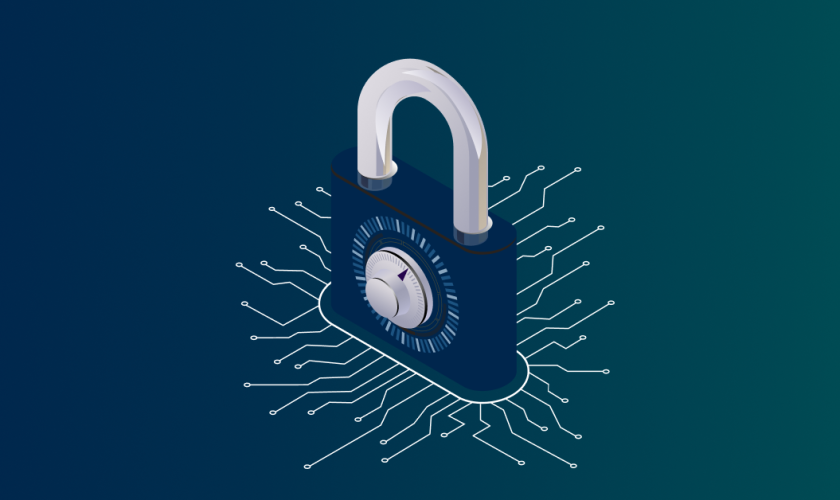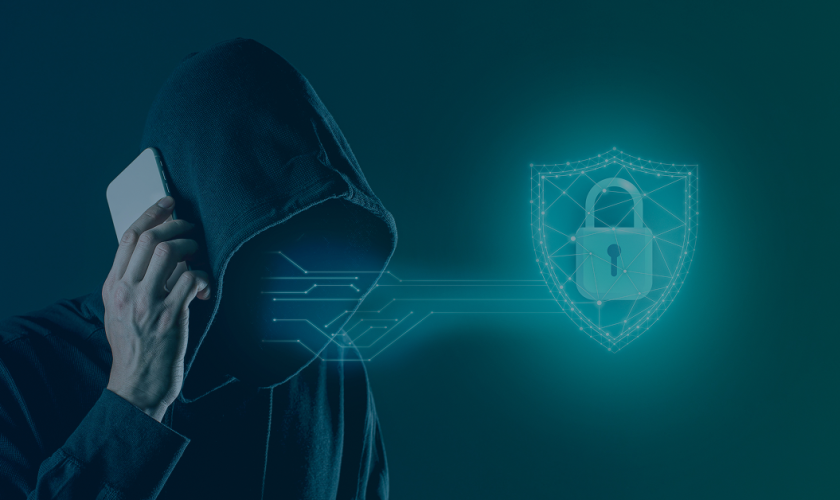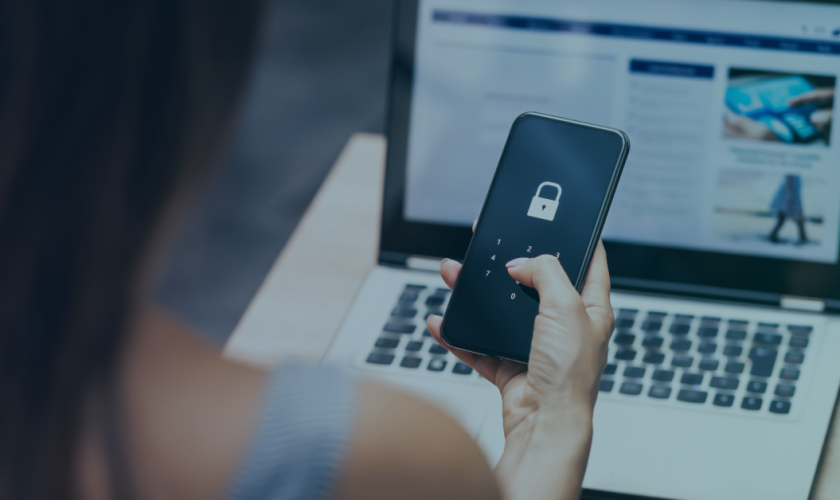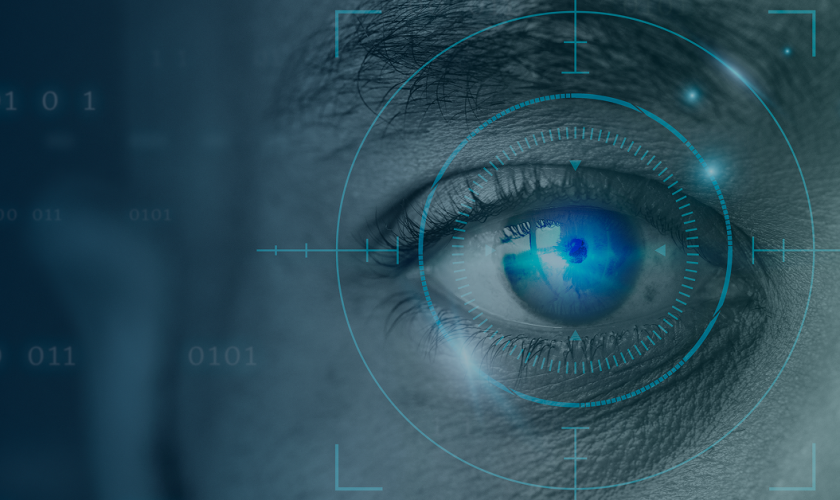Most of us use the internet every day without thinking twice. But behind the scenes, your actions—what you click, where you go, and even how long you pause on a page—are being recorded. These digital habits may seem harmless, but they’re often the reason advertisers, apps, and even bad actors know more about you than they should.
If you’ve ever wondered why you’re suddenly getting ads for something you just talked about or why your inbox fills with spam after signing up for a “freebie,” this post is for you.
Here are five common digital habits that make you easy to track—and what you can do to stop it.
1. Reusing the Same Email Everywhere
It’s convenient, sure. But using the same email address for everything—from signing up for social media to online shopping—makes it easy for companies to connect the dots about your online behavior.
Why it’s a problem:
- Your email becomes the central link between all your online accounts.
- If one site gets hacked, your info on others could be at risk too.
- Advertisers can track your activity across platforms using your email.
What to do instead:
- Use different email aliases or email masking tools.
- Create separate emails for social, personal, and shopping use.
- Combine this with a VPN to keep your location and IP address hidden.
Smart move: Tools like OrionVPN help disconnect your identity from your activity by masking your IP, making email tracking far less effective.
2. Leaving Location Services On All the Time
Apps love knowing where you are—often more than they should. From your weather app to your favorite delivery service, many of them track your location constantly, even when you’re not using the app.
Why it’s a problem:
- Apps build a history of where you go and when.
- This data is often sold to advertisers or data brokers.
- It can be used to predict your behavior or target you with location-based ads.
How to fix it:
- Turn off location sharing for apps that don’t need it.
- Choose “Only While Using” instead of “Always.”
- Use a VPN to keep your real location private online.
? With OrionVPN, you can even pick your virtual location, which stops trackers from knowing where you really are.
3. Using Public Wi-Fi Without Protection
We’ve all done it—logged into free Wi-Fi at a coffee shop, airport, or hotel. But that open network is exactly where your data is most vulnerable.
Why it’s risky:
- Public Wi-Fi often lacks encryption, making it easy to intercept your data.
- Hackers can set up fake hotspots to trick you into logging in.
- Your passwords, emails, and even credit card info can be exposed.
What to do:
- Avoid accessing sensitive accounts over public Wi-Fi.
- Always use a VPN to encrypt your connection.
A reliable VPN like OrionVPN encrypts everything you do online—even on risky public networks—so your personal information stays safe.
4. Clicking “Accept All” on Cookie Pop-Ups
You’ve probably seen those cookie banners asking you to accept tracking. Most people click “Accept All” just to get it out of the way. But doing that gives companies permission to track you across multiple websites.
Why that matters:
- Cookies store browsing data, preferences, and login details.
- Some third-party cookies follow you across the web, even on unrelated sites.
- This info is used to build detailed profiles about you.
What you should do:
- Click “Manage Settings” and reject non-essential cookies.
- Use browsers or extensions that block trackers.
- Use a VPN to reduce the amount of data advertisers can link to your identity.
OrionVPN helps by shielding your real IP address, making it harder for trackers to build a consistent profile on you—even with cookies in play.
5. Not Using a VPN—Especially on Mobile
Many people think VPNs are just for desktops or laptops. But mobile phones are where most tracking actually happens. From apps to mobile browsers, your device shares a lot about you in the background.
What you’re exposing:
- Your IP address, which reveals your location.
- Your browsing history, especially if your connection isn’t encrypted.
- App usage data that can be sold or shared without your consent.
What to do:
- Use a mobile-friendly VPN app like OrionVPN to protect all your devices.
- Look for VPNs that work across phones, tablets, and desktops with a single subscription.
OrionVPN offers apps for Android and iOS, so you’re covered wherever you go—and whatever you do online.
Final Thoughts
It’s easy to think you’re not being tracked just because you’re not “doing anything wrong.” But tracking doesn’t care what you’re doing—it only cares about how to turn your digital habits into data they can use, sell, or exploit.
Here’s how you can take control right now:
- Use unique emails for different accounts
- Turn off unnecessary location tracking
- Avoid public Wi-Fi—or secure it with a VPN
- Be careful with cookies and site permissions
- Use OrionVPN to protect your identity, location, and browsing habits
The internet isn’t private by default anymore. But with the right tools, it can be.









